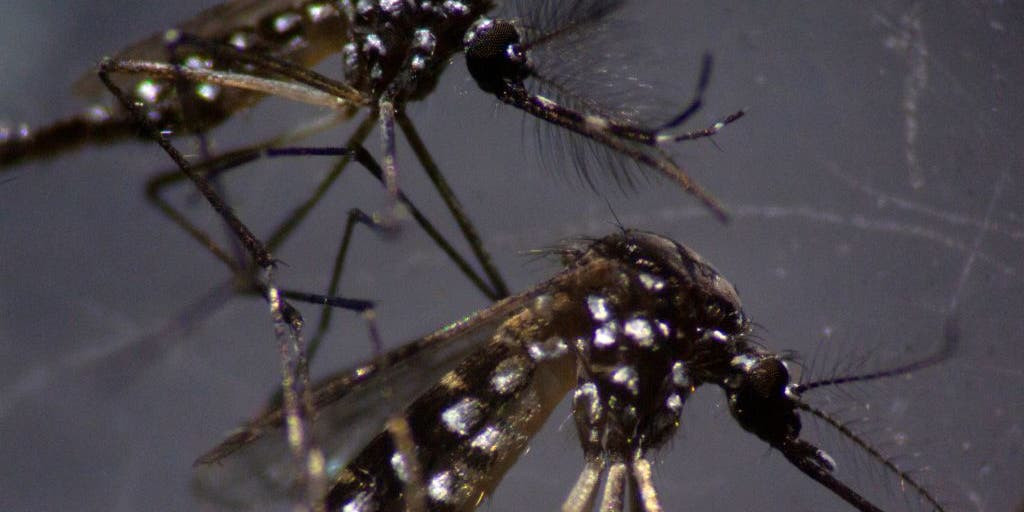Ottawa Public Health (OPH) has confirmed the first human case of Eastern Equine Encephalitis (EEE) in Ottawa, a rare but potentially fatal virus transmitted by mosquitoes. A resident passed away in August after testing positive for the infection, OPH announced on Thursday.
While OPH confirmed the resident's death was linked to viral encephalitis, they didn't specify if the death was directly caused by the EEE virus. The individual's death occurred following a period of brain inflammation. Laboratory testing confirmed the presence of the EEE virus in the individual.
Like West Nile virus, EEE typically circulates between wild birds and mosquitoes, OPH stated. However, EEE can also spread to horses, hence the name, but rarely transmits to humans.
According to Ontario Public Health, only three human cases of EEE were confirmed in the province last month. As of last Monday, Health Canada hadn't reported any human EEE cases in the country.
EEE Symptoms and Prevention
Health Canada explains that the early symptoms of EEE can include fever, headache, and vomiting. However, these symptoms can progress to brain damage, coma, and death.
While a vaccine exists for horses, there is no vaccine for humans.
The best protection against EEE is to avoid mosquito bites by using repellents, wearing loose-fitting, but tightly woven clothing to limit skin exposure, and ensuring window and door screens are in good condition, according to OPH.
EEE: A Growing Concern
The recent case of EEE in Ottawa is a stark reminder of the potential dangers of mosquito-borne illnesses. With the warm weather and the presence of mosquitoes, public health officials are urging residents to take precautions and protect themselves from bites.
The risk of mosquito bites will persist until the first hard freezes of autumn, particularly at night and near wooded or bushy areas.
Spreading Awareness
The news of the death in Ottawa has raised concerns about EEE and its potential impact on the community. Public health authorities are actively working to educate the public about the virus, its symptoms, and how to prevent infection.
Health authorities are stressing the importance of early detection and treatment for EEE, as it can be a life-threatening illness. Individuals experiencing symptoms consistent with EEE are advised to seek medical attention immediately.
This latest case highlights the need for continued vigilance and protective measures to safeguard against mosquito-borne illnesses. Residents are encouraged to remain informed and take steps to reduce their risk of exposure to EEE and other mosquito-borne diseases.


















